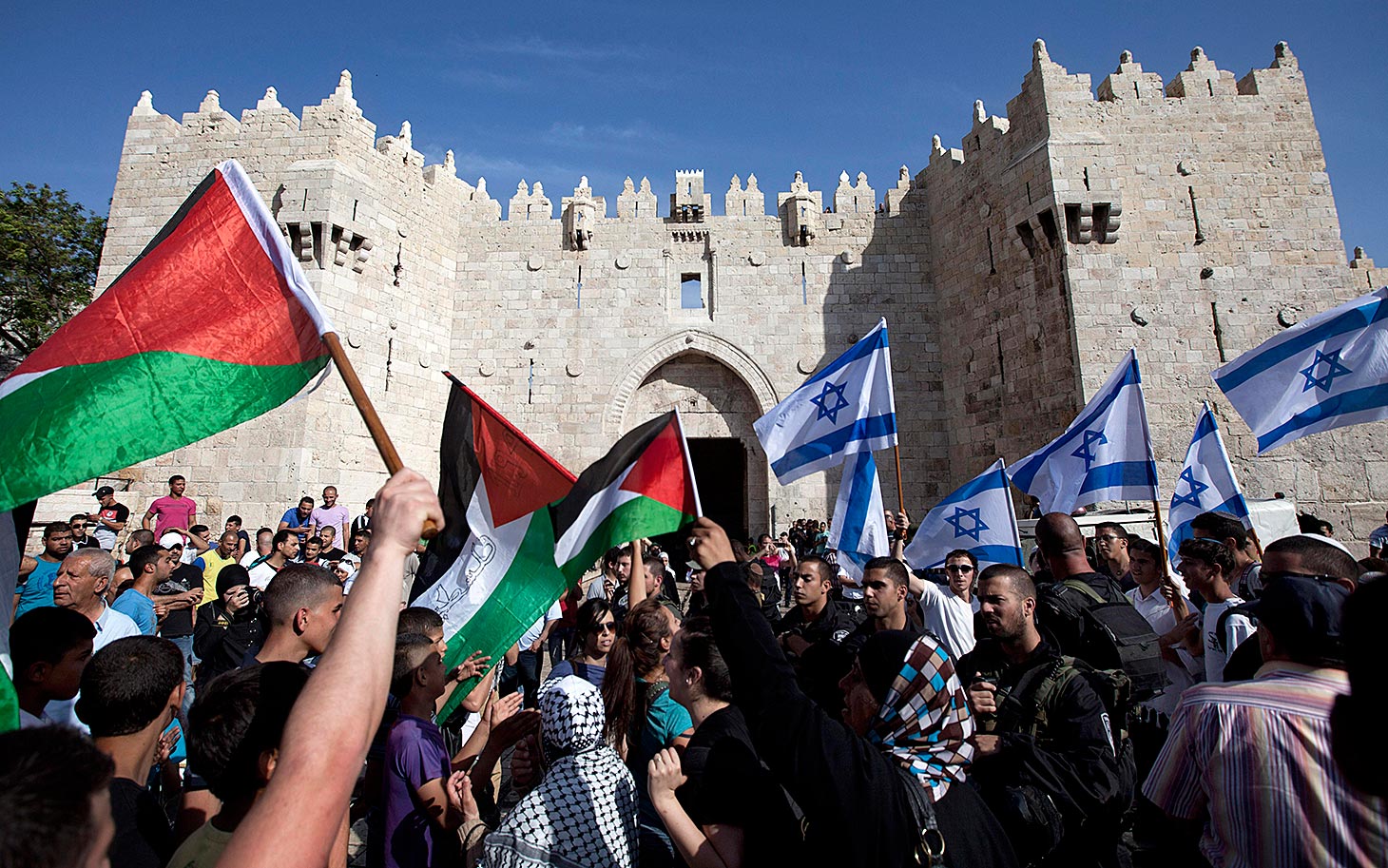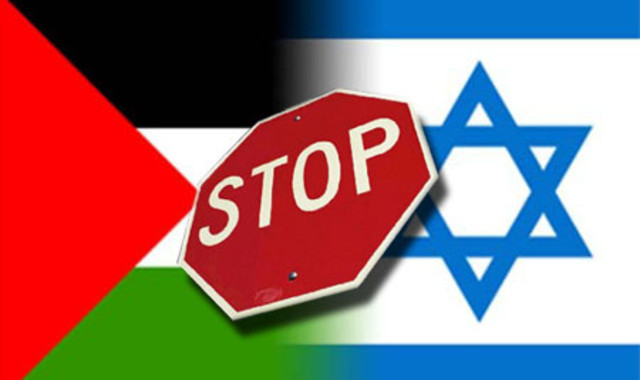Last Sunday, Paris hosted the International Conference on the Middle East peace. Its goal was to promote the resumption of the stalled peace talks between Palestine and Israel. in The forum was attended by representatives from more than 70 countries, but Israeli delegation boycotted the event, deciding that it strengthens the position of the Palestinian side.
Commenting on the results of the conference, a senior scientist of the Israel Department of the Oriental Studies Institute of the RAS, Tatyana Nosenko, said that Israel has always treated the efforts, undertaken by the international community regarding the settlement of the conflict, with great skepticism: "The Israelis felt that the steps, carried out in the framework of the UN or other international organizations, do not consider their interests. Prime Minister Netanyahu called the Paris conference a provocation, and the absence of Israeli officials there shows that Israel's position remains the same - it is possible to solve this problem only through the bilateral negotiations between Israelis and Palestinians on the basis of jointly accepted decisions. Israelis do not recognize any imposed solution to this problem".
According Nosenko, the Paris conference was to some extent intended to remind the US leadership that the international community supports the principle of solving the problem on the basis of two states. "Statement by the US President-elect Donald Trump and his team about the possibility of the transfer of the US embassy from Tel Aviv to Jerusalem is one of the most controversial issues. The conclusions, which have been made in the address of the Paris conference, show that it urges to follow the path of gradual building of confidence between the two peoples."

Meanwhile, orientalist Vyacheslav Matuzov believes: "Apparently, France had to to do something, considering the fact that Francois Hollande lost prestige in the Middle East. Everyone knew what would be the reaction of both Israel and Palestine, and Putin and Obama. " According to Matuzov, it is virtually impossible to reach a political solution to the conflict: "We are discussing the political aspects of the conflict, but it is based on not political and not even demographic issues, but religious one, the clash of two religions."
Speaking about the situation in the Middle East, Matuzov noted: "The US, being engaged in the organization of the Arab revolutions, has created a wave of terrorism, which is engulfing the Middle East from Tunisia to Iraqб from the south of Yemen to Sudan. ISIS was crated by the US together with Abu Bakr al-Baghdadi or Abdelhakim Belhadj. By creating this situation in the Middle East, the Americans have created a serious threat of terrorism, including for Israel. Today the Islamists are demanding to destroy the Syrian leadership, tomorrow they will demand to destroy the Saudi one, the day after tomorrow - to overthrow Jordanian king. Their program included such items from the beginning. If Israel does not agree to a solution to the Palestinian problem in the way, which would suit everyone, for the world community it will be difficult to suppress the problem of terrorism".

Chief Researcher at the Institute of Oriental Studies of the RAS, Irina Zvyagelskaya, believes that all the peripheral issues of the Palestinian-Israeli conflict have been resolved, but no one knows how to solve the main issue of the status. "Where is the independent Palestinian state? How will it be proclaimed? How will it establish relations with Israel?" the orientalist asks.
She focused attention on the fact that the situation around the conflict zone is changing: "If we once said that the Clinton Plan for Jerusalem was one of the best international plans, now the situation in Jerusalem has changed so much, that it is not feasible to apply this old plan to it. No one will refuse the principle of 'two nation - two states'. But how to reach it? There is a question about how the Palestinians will be represented at the talks, if they are resumed. The issue of unification, the issue of establishing a national unity government, the issue of unification of institutions - these are the fundamental issues, without which there will be no progress".
Zvyagelskaya believes that the current Israeli government is not ready for any significant compromises linked to the return of at least part of the territories: "There are endless wars, including those approaching the borders with Israel. They are not ready to give their territories. It was a deadlock situation and, unfortunately, it stays deadlock now. However, it is important that the media started covering this problem again".






